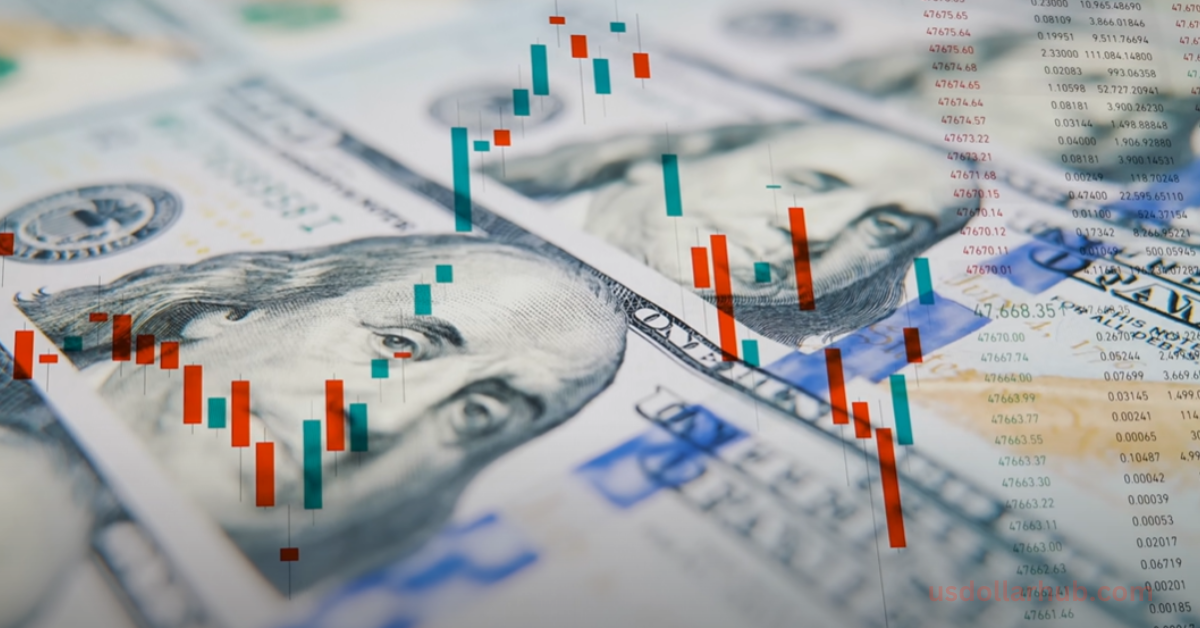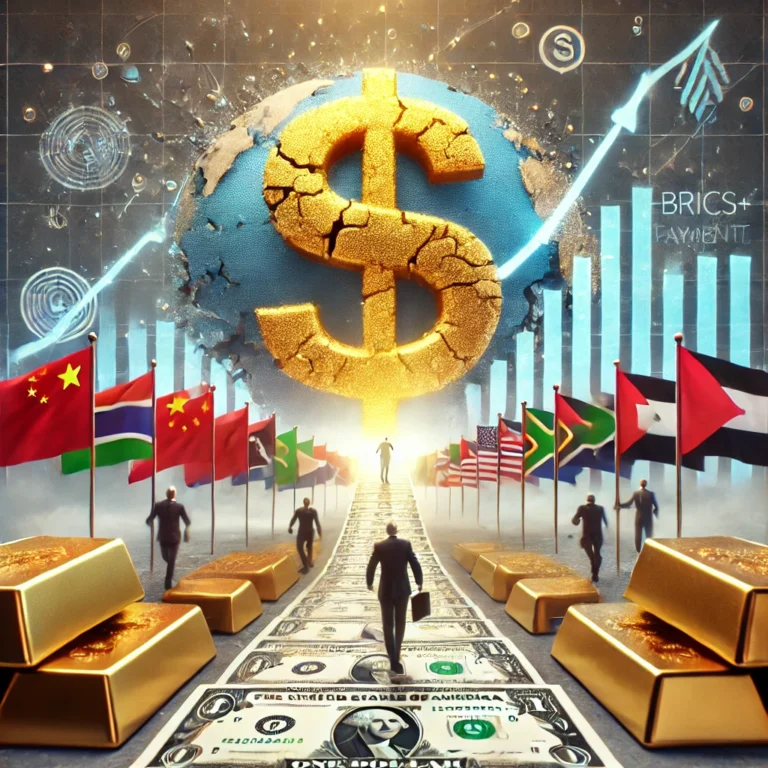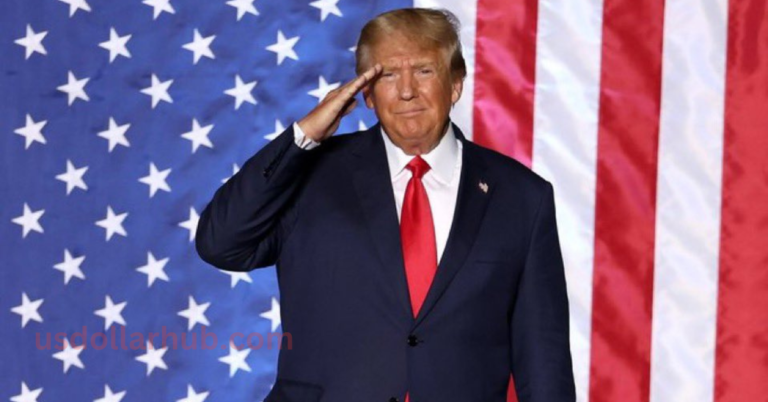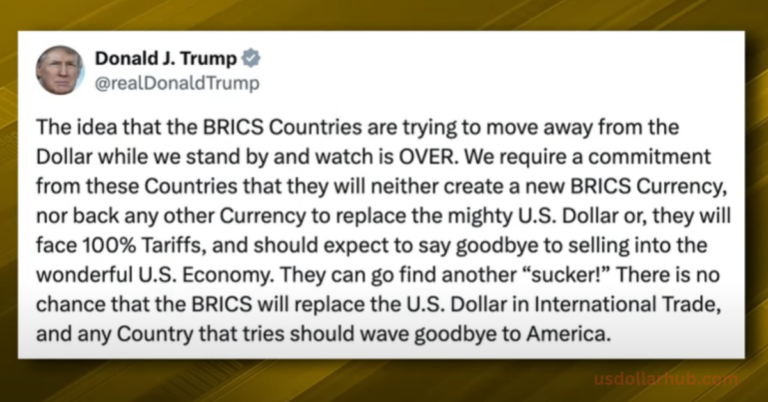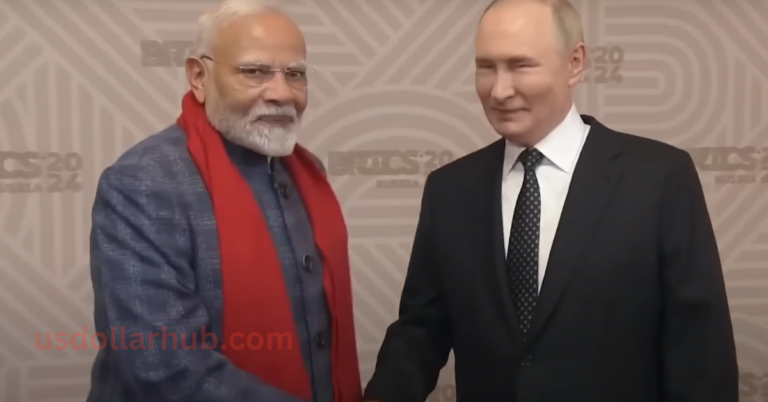Trump dollar :Trump’s Push to Weaken the Dollar: Benefits, Challenges, and Economic Impact 2025
Why Trump Wants to Devalue the Dollar
The U.S. dollar has long been a symbol of economic strength and global dominance. But why would a political leader advocate for weakening such a powerful currency? This question has been central to discussions surrounding former President Donald Trump’s economic vision, particularly as he has expressed interest in devaluing the dollar to bolster the American manufacturing base.
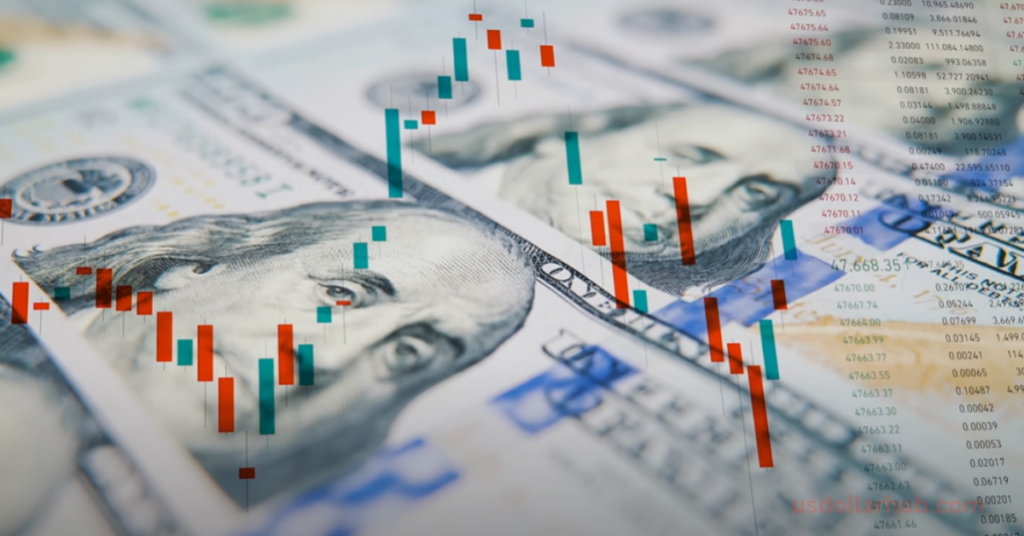
In this article, we’ll dive into the reasons behind Trump’s advocacy for a weaker dollar, the economic theories supporting this approach, and the challenges in implementing such a policy.
What Does It Mean to Devalue the Dollar?
Currency devaluation refers to reducing the value of a nation’s currency relative to others. This makes exports cheaper and more competitive in global markets but can also lead to inflation and reduced purchasing power domestically.
For Trump, devaluing the dollar aligns with his “America First” agenda. He believes it can rejuvenate the U.S. manufacturing sector by making American-made goods more attractive internationally while discouraging imports.
Trump’s Statements on a Weak Dollar
Trump has consistently raised concerns about the dollar’s strength:
- July Interview with Bloomberg: He called the dollar’s strength against the Chinese yuan and Japanese yen a “big currency problem.”
- Previous Presidency: Trump frequently pressured the Federal Reserve to lower interest rates, which could weaken the dollar’s value.
- Support from JD Vance: His vice-presidential candidate echoed these sentiments, criticizing the dollar’s overvaluation as a barrier to American exports.
Is the Dollar Overvalued?
Economic experts, including the International Monetary Fund (IMF), agree that the U.S. dollar is overvalued—estimated to be about 10% higher than it should be. Several factors contribute to this:
- Reserve Currency Status: The U.S. dollar is the global reserve currency, held by central banks worldwide for its stability. This high demand artificially inflates its value.
- Trade Deficits: The U.S. imports more than it exports, yet the dollar remains strong due to global confidence in the American economy.
Why Would a Weak Dollar Benefit the U.S.?
While a strong dollar may sound advantageous, it comes with drawbacks, especially for domestic industries:
- Export Competitiveness: A strong dollar makes American products more expensive abroad, reducing global demand.
- Manufacturing Revival: Devaluing the dollar could help rebuild America’s industrial base by making exports cheaper and imports costlier.
- Economic Parity: Trump and others argue that countries like China have unfairly manipulated their currencies, giving their exports a competitive edge.
Challenges in Devaluing the Dollar
Devaluing a currency is easier said than done. Here are the primary obstacles:
- Federal Reserve Independence: As the only entity that can print dollars, the Federal Reserve operates independently of the president.
- Policy Contradictions: Some of Trump’s proposed policies, such as tariffs and tax cuts, would likely strengthen the dollar instead of weakening it.
- Global Resistance: Coordinating a global effort to devalue the dollar, akin to the 1985 Plaza Accord, would be challenging in today’s multipolar economic environment.
How Could a President Influence the Dollar’s Value?
If re-elected, Trump might explore the following strategies to devalue the dollar:
- Pressure the Federal Reserve: Urging rate cuts or direct market interventions.
- Government Intervention: Purchasing foreign currencies to influence exchange rates, although this could require trillions of dollars.
- Capital Controls: Limiting foreign investments in dollar-based assets, though this would undermine the dollar’s reserve status.
- Trade Agreements: Negotiating deals with major trade partners to adjust currency values, similar to the 1985 Plaza Accord.
Potential Risks of a Weak Dollar
While devaluation might aid exporters, it carries significant risks:
- Inflation: Higher import costs could raise prices domestically.
- Eroded Confidence: Undermining the dollar’s stability could shake global faith in U.S. financial markets.
- Retaliatory Measures: Other nations might devalue their currencies in response, sparking economic conflicts.
The Global Context
Trump’s proposals come at a time of shifting global dynamics. With countries like China pushing back against the dollar’s dominance and exploring alternatives, the U.S. must navigate carefully to maintain its economic leadership.
FAQs
Why does Trump want to devalue the dollar?
Trump believes a weaker dollar could boost U.S. manufacturing by making exports more competitive globally.
What is currency devaluation?
Devaluation reduces a currency’s value relative to others, making exports cheaper but increasing import costs.
How is the dollar overvalued?
The dollar’s role as the global reserve currency creates excessive demand, inflating its value artificially.
What is the role of the Federal Reserve in currency devaluation?
The Federal Reserve, as an independent body, controls monetary policy, including actions that affect the dollar’s value.
What is the Plaza Accord?
A 1985 agreement where global powers coordinated to weaken the dollar through joint interventions.
Could tariffs weaken the dollar?
Ironically, tariffs might strengthen the dollar by driving inflation and prompting higher interest rates.
What are the risks of a weak dollar?
Devaluation could lead to inflation, erode global confidence in the dollar, and provoke retaliatory actions.
How does the dollar’s strength impact trade deficits?
A strong dollar makes imports cheaper and exports costlier, widening trade deficits.
How has China benefited from currency manipulation?
By devaluing its currency, China has kept exports competitive, bolstering its manufacturing sector.
Can Trump devalue the dollar if re-elected?
While he can influence policies, the Federal Reserve’s independence and global resistance pose significant challenges.
Disclaimer
The information in this article is for educational purposes only and should not be construed as financial or investment advice. for more info visit- UsDollarHub.com
